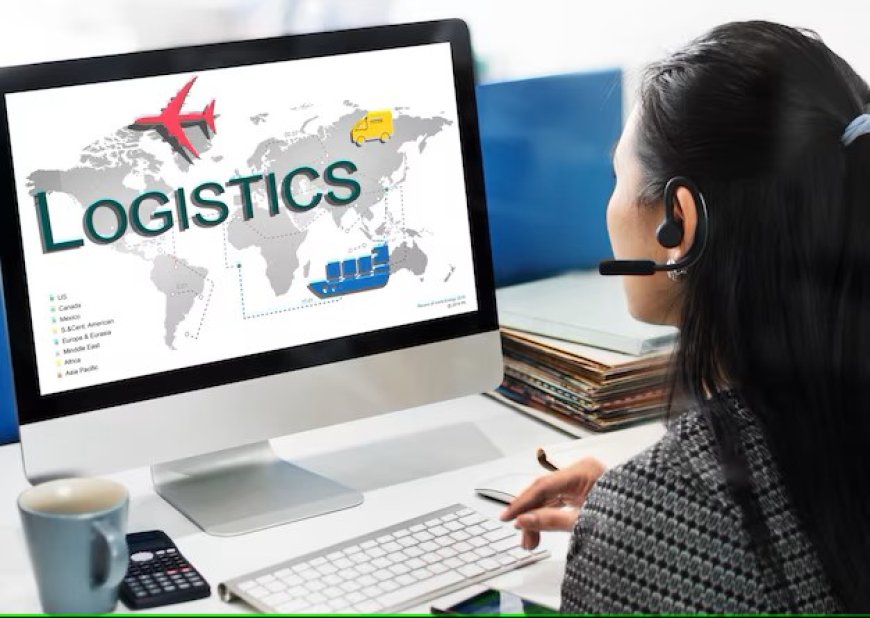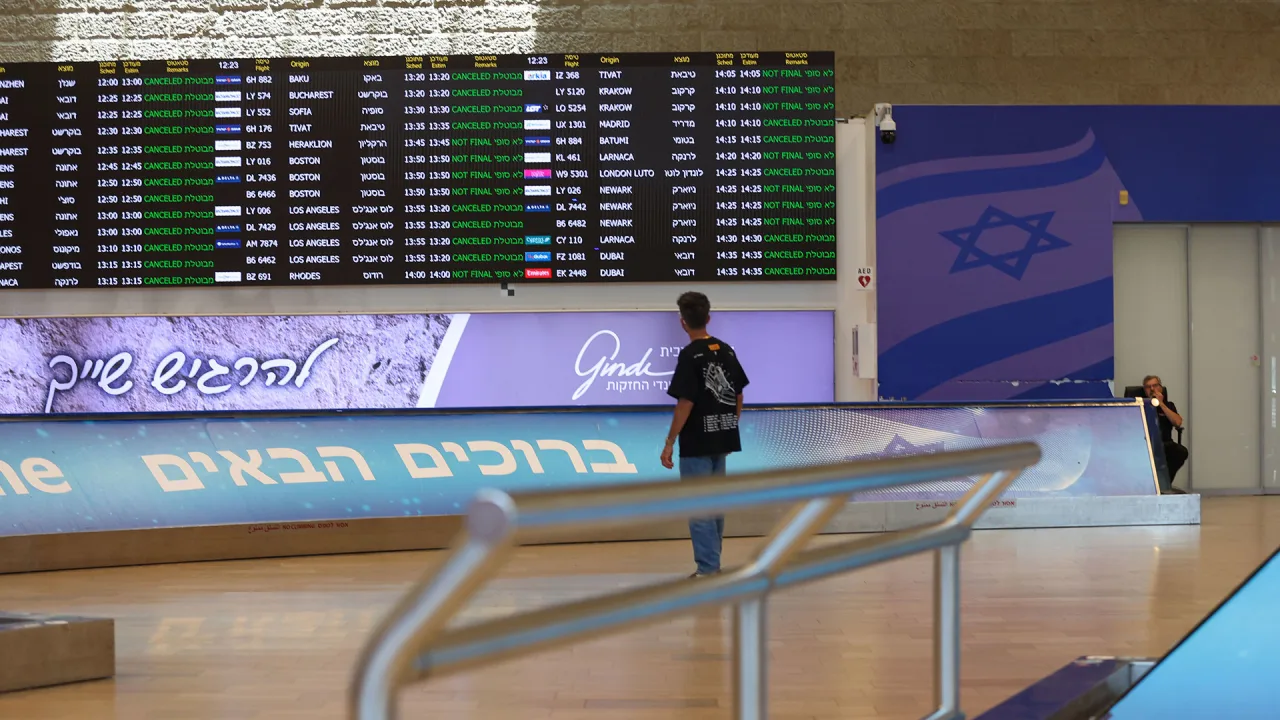Logistics Back Office Services: What You’re Missing Without a Control Tower
In the intricate world of global logistics, the efficiency of back office services is the silent engine behind smooth operations.

In the intricate world of global logistics, the efficiency of back office services is the silent engine behind smooth operations. However, without a centralized control tower, logistics networks often operate in silos, leading to fragmented data, delays, and missed opportunities. As supply chains become more complex, a control tower becomes not just beneficial, but essential. Here’s what your organization may be missing — and how a control tower transforms back office operations from reactive to proactive, from fragmented to unified.
Understanding the Role of Logistics Back Office Services
Logistics back office services encompass all the administrative and support functions that keep the supply chain running seamlessly behind the scenes. These include:
- Order processing and management
- Freight bill auditing and payment
- Carrier management and procurement
- Documentation and compliance
- Data entry and reporting
- Customer service support
When these functions are not synchronized, businesses face increased operational costs, delayed shipments, billing errors, and limited visibility into supply chain performance.
Key Benefits of Integrating a Control Tower in Back Office Operations
1. Enhanced Visibility and Real-Time Monitoring
A control tower aggregates data from internal systems, third-party logistics providers (3PLs), transportation management systems (TMS), and warehouse management systems (WMS) to offer real-time visibility into every shipment, order, and invoice. This transparency allows for faster, data-driven decisions and minimizes the risk of errors due to outdated or siloed information.
2. Streamlined Freight Bill Audit and Payment
Manual freight auditing is resource-intensive and prone to error. A control tower automates freight bill verification, matching invoices against contracts, delivery notes, and rate agreements. This automation not only ensures accurate payments but also identifies discrepancies and negotiation opportunities with carriers.
3. Proactive Exception Management
Rather than reacting to issues after they impact the supply chain, control towers enable proactive exception management. Alerts and workflows can be configured to detect potential issues — such as delivery delays, customs bottlenecks, or payment discrepancies — allowing teams to act swiftly to mitigate impact.
4. Unified Communication and Collaboration
A control tower centralizes communication across departments and stakeholders, eliminating miscommunication and ensuring everyone is aligned. Whether it’s sharing documentation with customs brokers or updating clients on shipment statuses, a control tower creates a collaborative platform that reduces delays and enhances service levels.
5. Data-Driven Performance Optimization
Control towers are powered by advanced analytics and AI, providing insights that help identify inefficiencies in logistics operations. From underperforming carriers to costly warehouse processes, back office teams can leverage these insights to continuously optimize operations and reduce costs.
6. Regulatory Compliance and Risk Management
With international logistics come complex compliance requirements. A control tower ensures that documentation, tariffs, trade agreements, and customs processes are handled accurately, minimizing the risk of regulatory fines, shipment seizures, or reputational damage.
Choosing the Right Control Tower Partner
Implementing a control tower is a strategic decision. It requires a partner who can deliver:
- Advanced technology and integration capabilities
- Deep domain expertise in logistics
- Scalable solutions tailored to your operations
- 24/7 support and continuous optimization services
Look for providers who offer AI-driven analytics, end-to-end visibility platforms, and experience across multiple industries and regions.
As supply chains continue to digitize, logistics companies must adopt a control tower approach to remain agile and efficient. The future of logistics back office services lies in automation, predictive analytics, and cross-functional integration — all of which are made possible through a robust control tower.
Investing in this technology now ensures that companies can scale their operations, manage risk effectively, and meet the expectations of tomorrow’s global trade environment.
For Original Post View: https://facumed.com/read-blog/11007_logistics-back-office-services-what-you-re-missing-without-a-control-tower.html







































































![https //g.co/recover for help [1-866-719-1006]](https://newsquo.com/uploads/images/202506/image_430x256_684949454da3e.jpg)























![[PATREON EXCLUSIVE] The Power of No: How to Say It, Mean It, and Lead with It](https://tpgblog.com/wp-content/uploads/2025/06/just-say-no.jpg?#)























































